40 Surprising Rules 'The Real World' Cast Members Had to Follow
Um, no doors allowed on the bedrooms?!
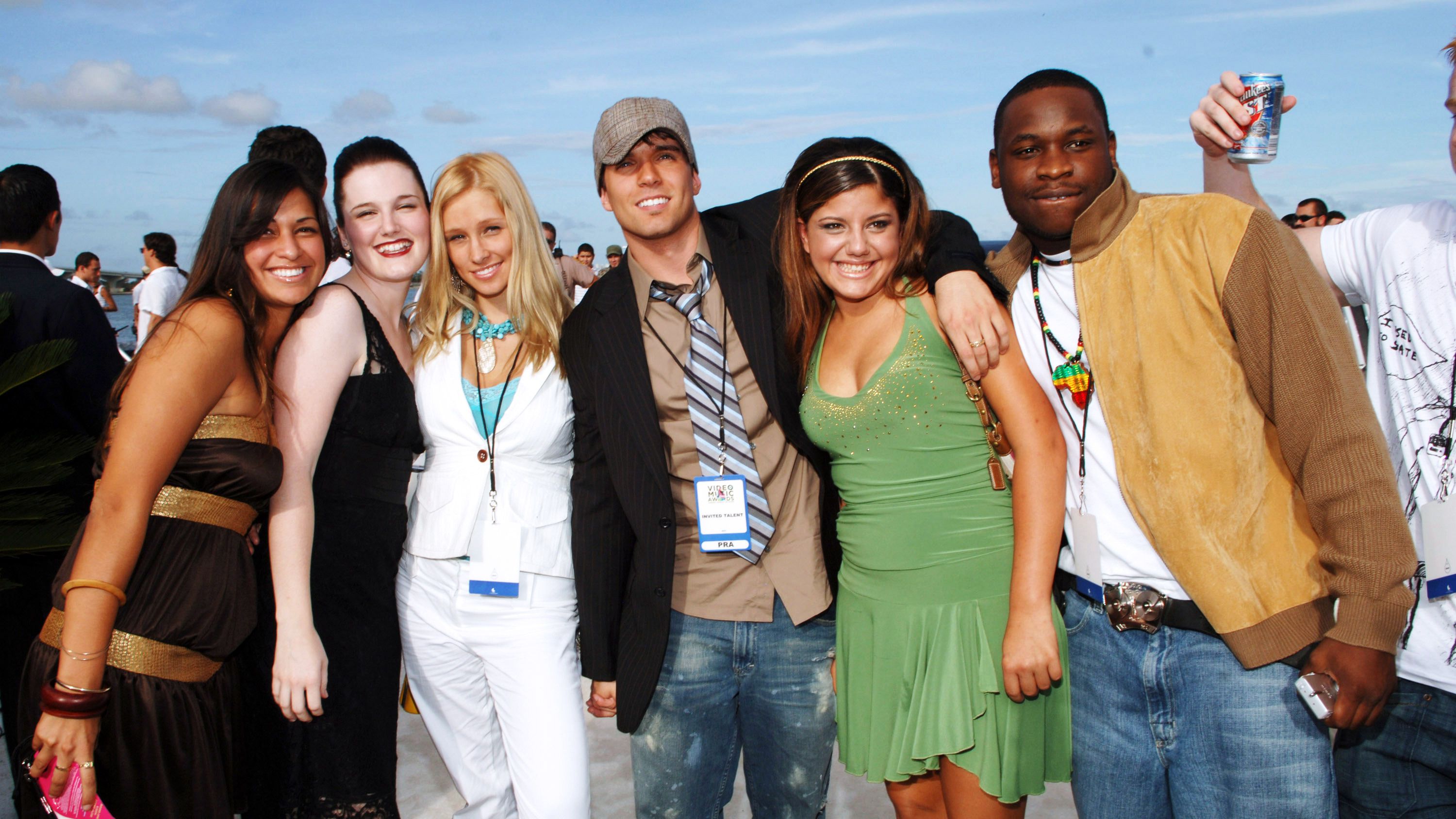

Viewers first got hooked on finding out what happens when people stop being polite and start getting real on The Real World in 1992. And even though you might think all of those "not polite" moments meant the cast members got to run rampant on the MTV reality series, it turns out there was a whole list of rules the seven strangers had to follow each season. From non-stop surveillance to no doors on the bedrooms, we broke down the craziest rules laid out by production, ahead.
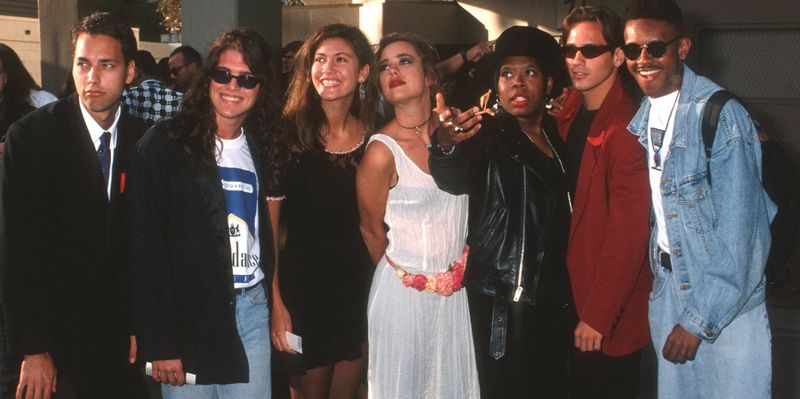
They had no say over how they were portrayed.
In The Real World contract, cast members agreed that they could be "humiliated" and "portrayed in a false light," a.k.a. producers could edit scenes however they saw fit.
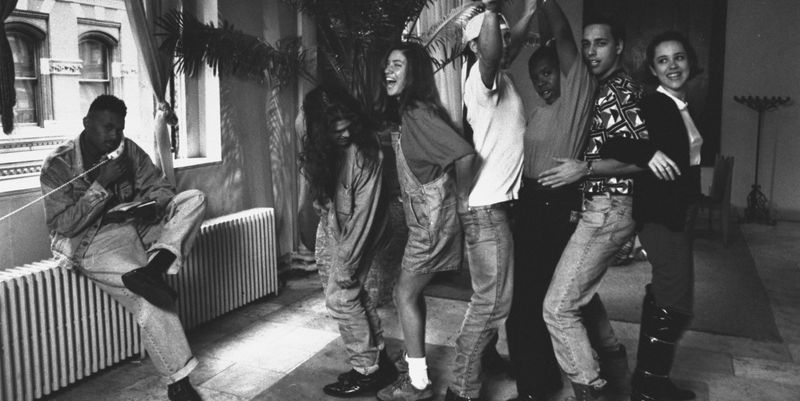
They had to give blanket rights to their "life story."
The Real World cast members were nothing without their epic backgrounds. It's what made each cast so unique. But going on the show meant potentially allowing producers to misrepresent this part of you.
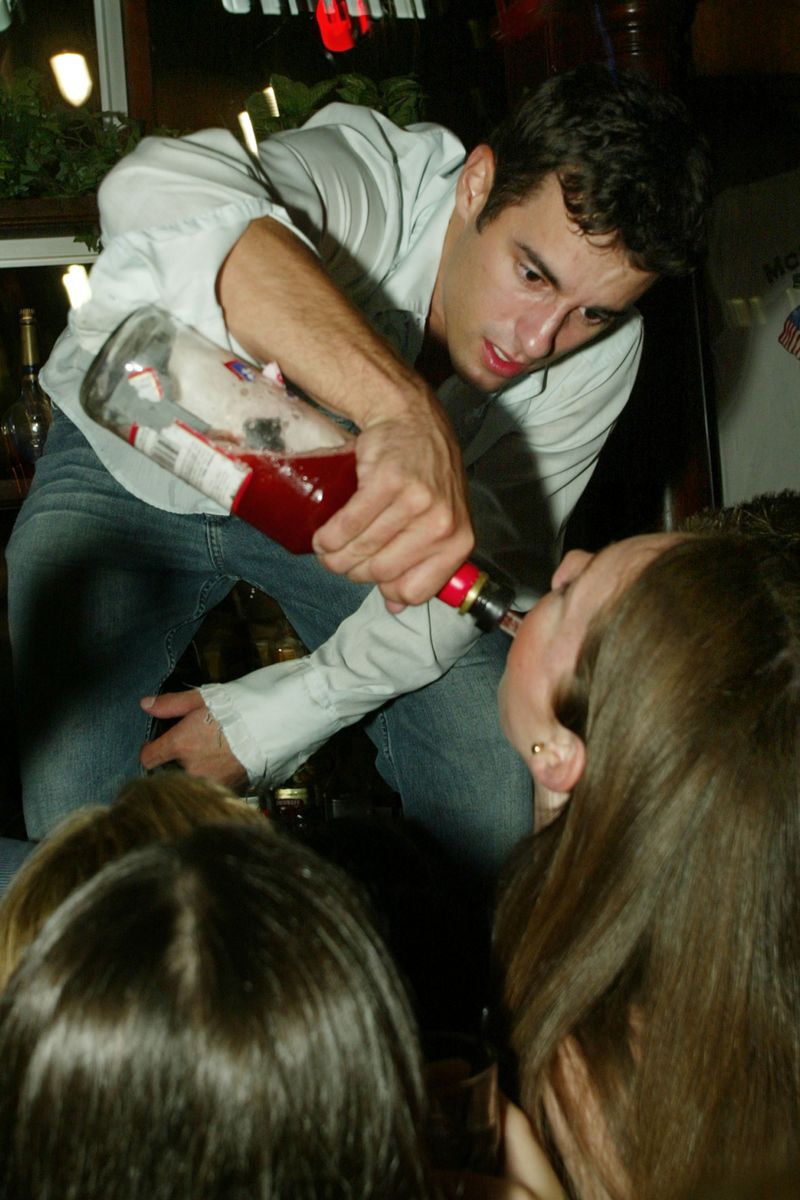
They had to be over 21.
This makes sense given all of the drinking. You also had to be a U.S. citizen, according to the eligibility requirements. If your application made it through the first round, the next step was scheduling an interview with producers.

They had to have the "it" factor.
While tons of people attended casting calls and applied for the show, producers were on the lookout for a very specific kind of personality. Emily Schromm from The Real World: D.C. was discovered while working at Starbucks.

They had to agree to 24/7 video surveillance.
Production placed cameras in every room, except the bathroom, so cast members had to sign off on being filmed around the clock before going on the show.

They were responsible for their own safety...
MTV held no responsibility for any accidents or cause of bodily harm that occurred while filming. In fact, per their contract, MTV is not at fault if a cast member died, lost a limb, or suffered a nervous breakdown. Yikes!
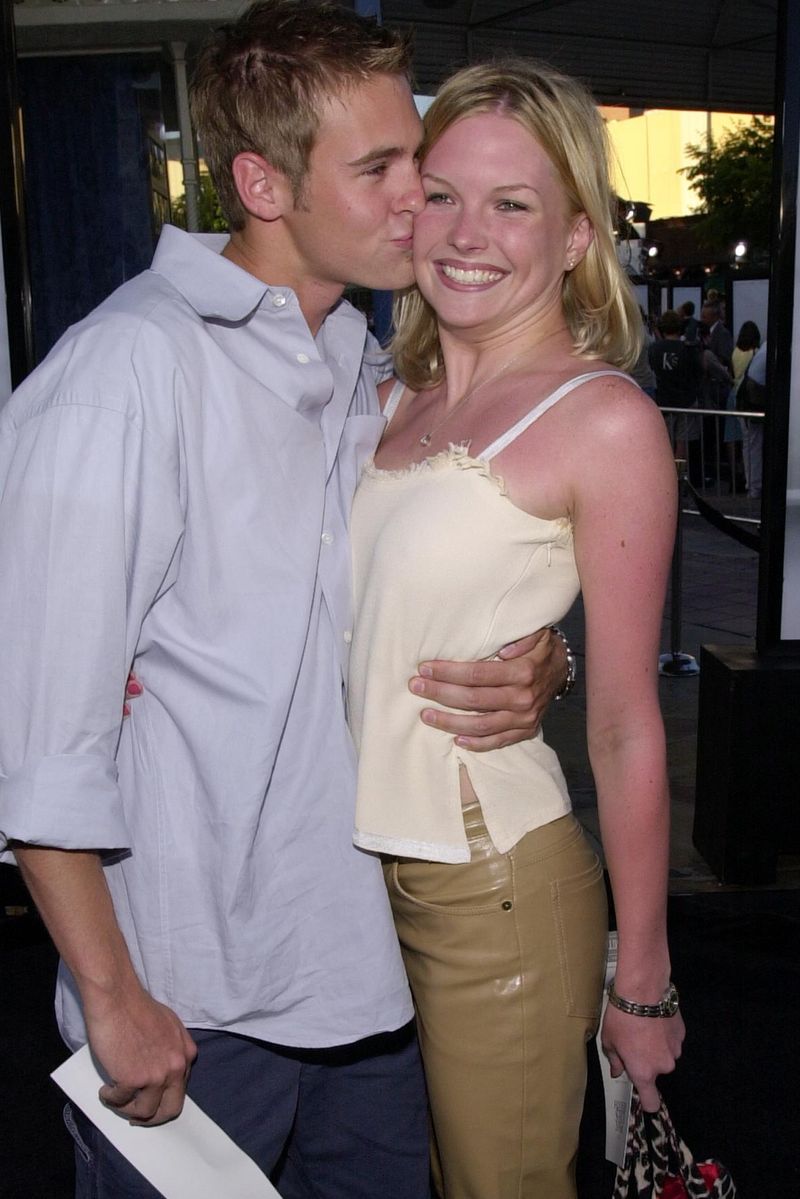
...And that included their sexual safety.
By signing the contract, the cast stated that they had no known STDs, but "accept that other people on the show might" and that they understand the risk of non-consensual contact when interacting with other cast members.

They couldn't be (or become) pregnant on the show.
Every female cast member had to confirm that they were not pregnant and would not become pregnant on the show. According to their contract, becoming pregnant was "grounds for dismissal."
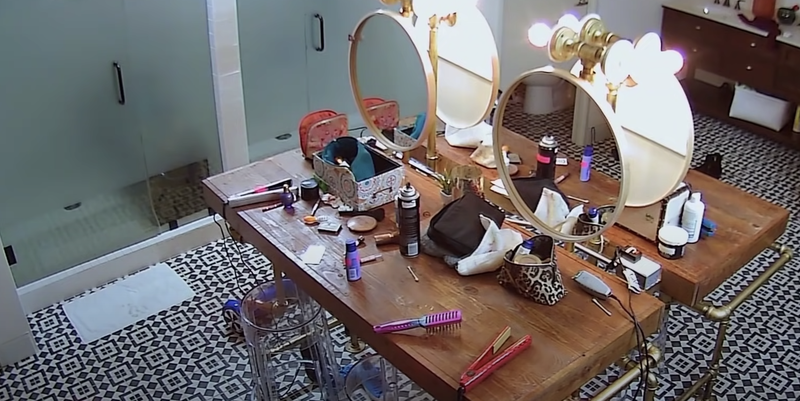
They couldn't make changes to their appearance while filming.
Well, at least not without permission from a producer, according to the cast's contract. "They would control our haircuts, we weren't allowed to get new haircuts or tattoos. I tried to grow a mustache as a joke and they said 'You have to shave it,'" Pat from The Real World: Cancun told Cracked.

They had to be available to film at all times.
It was against the cast's contract to "hide from MTV cameras in establishments where they can't film." If you were removed from the house, your goodbyes were required to be captured on camera too.
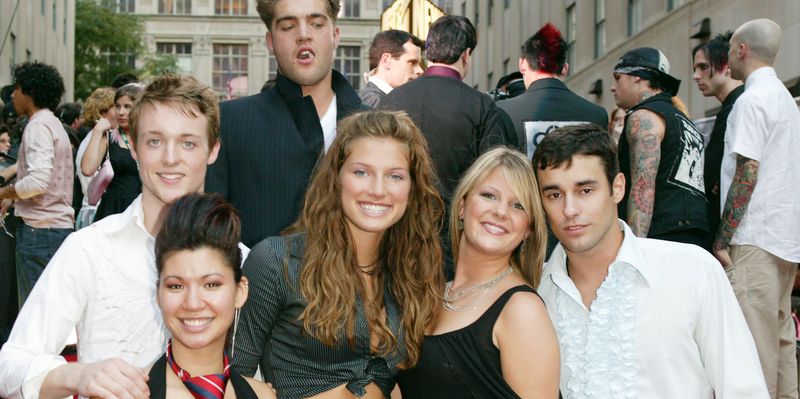
They had to promote the season when it aired.
All cast members had to attend press events and promote the show for one year after the final episode aired. Whether that meant attending red carpet events or posing for publicity photos, your time with MTV didn't end after the season wrapped.

They couldn't appear on competing programs.
The cast had to sign a non-compete clause in their contract, which limited their work in the entertainment industry post-show. This meant the cast wasn't allowed to appear on any competing shows for one year after their season wrapped.

They had to attend the reunion...
Don't want to delve into old drama? Sorry. All cast members were required to attend the reunion special, per their contract.
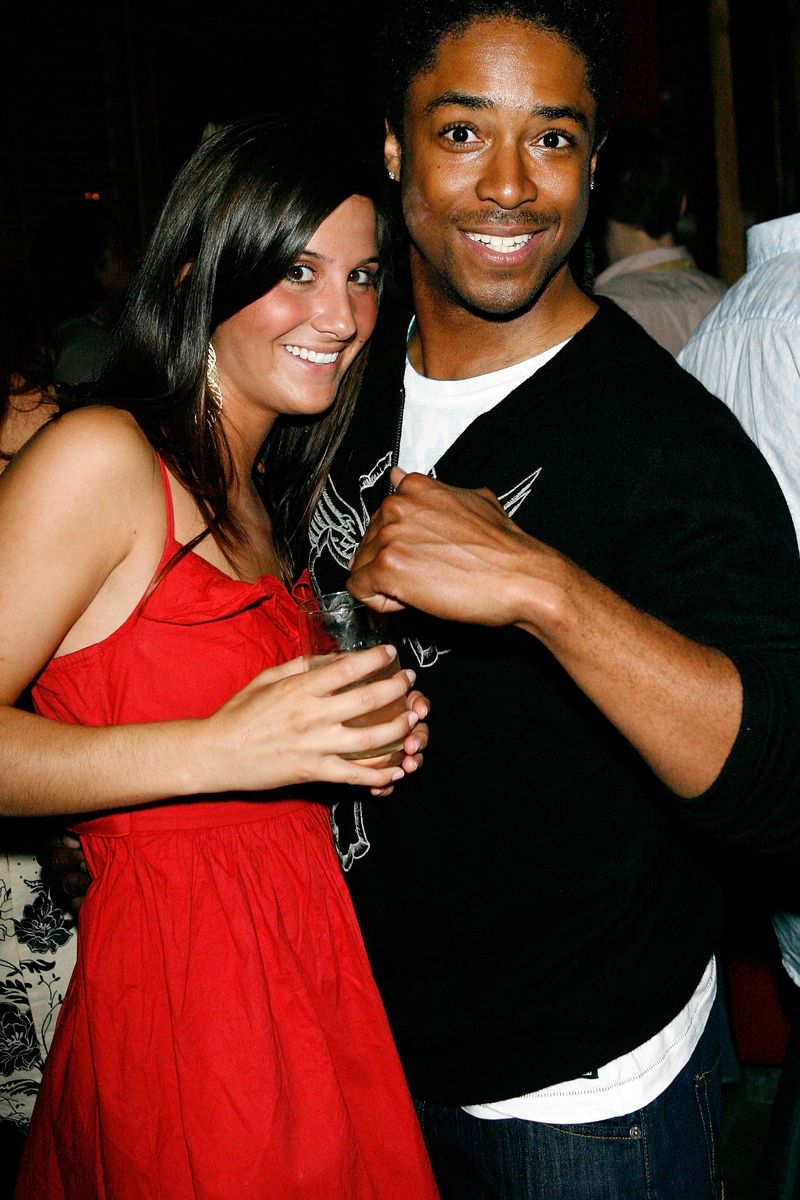
...But don't worry, they were paid.
Cast members were reportedly paid $2,500 for each reunion special.

They couldn't get into any physical altercations.
This was the quickest way to be sent packing. Throughout the years, viewers have seen plenty of housemates evicted over physical brawls—sometimes even two cast members at one time.
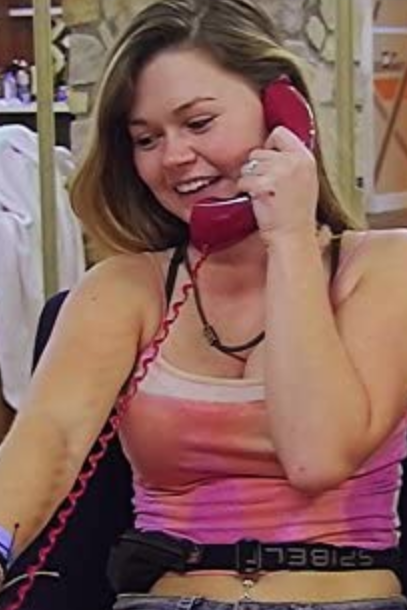
They could have a cell phone (eventually).
In the early days, cell phones were confiscated before entering the house. But in recent seasons, producers let cast members use cell phones to make calls and text one another. "Normally, we had just one phone line in the house they all had to share and that allowed us to video record all phone conversations, but it wasn't true to how young people are today," executive producer Jim Johnston told The Seattle Times.
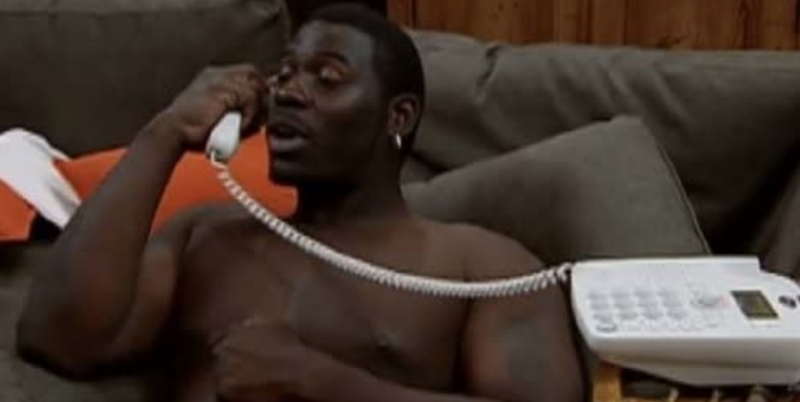
All phone calls and texts were monitored.
While introducing cell phones gave cast members more access to the outside world than in the past, producers provided the phones and monitored all phone calls and text messages.

Social media was off-limits.
Sorry, no mindless Instagram and Twitter scrolling in the house. The production-provided phones didn't have access to social media to prevent spoilers. Plus, who wants to watch people staring at their phones?

They had to pass regular drug tests.
The show had a zero tolerance policy for drug use and the cast was subject to random drug testing while filming the season. As fans saw on The Real World: St. Thomas, failing said drug test is cause for eviction from the house.
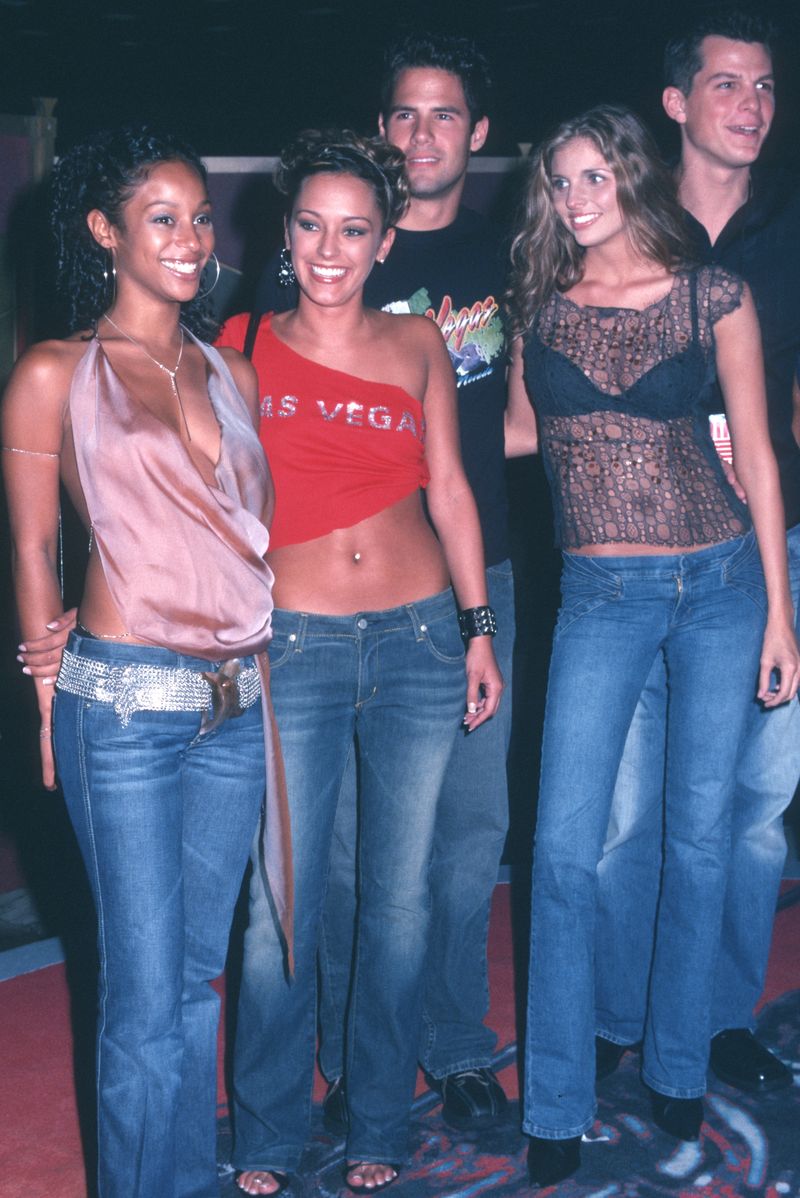
They had to be in good physical shape (whatever that means).
Before joining the show, cast members must agree that they are in proper physical condition to partake in a myriad of activities from bungee jumping to horseback riding.

They had to agree to months of filming.
The cast was expected to film for at least 10 weeks on location. That schedule was subject to changes and delays, but either way it's quite a chunk of time to be away from home.
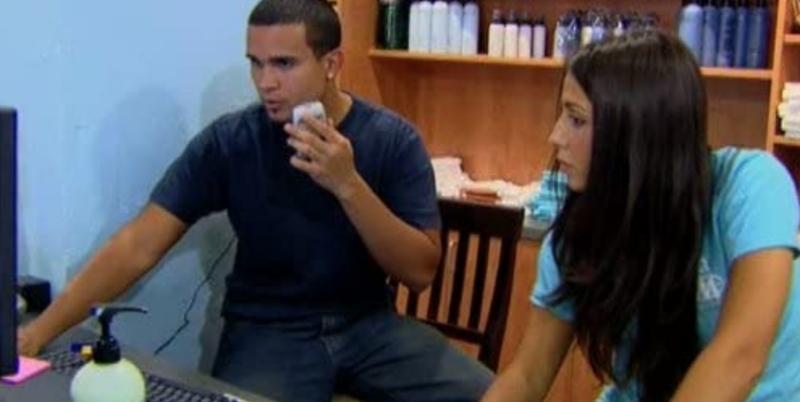
They had to work at a job assigned by production.
During the season, each housemate worked at an hourly wage job that were selected by producers. Agreeing to be on the show was also agreeing to work a certain number of hours at said job each week.

They had to leave if they quit or got fired from their job.
There weren't a lot of ways to get kicked out of the house, but being fired was one of them. When this happened, the cast member had 24 hours to move out of the house and their contract was terminated.
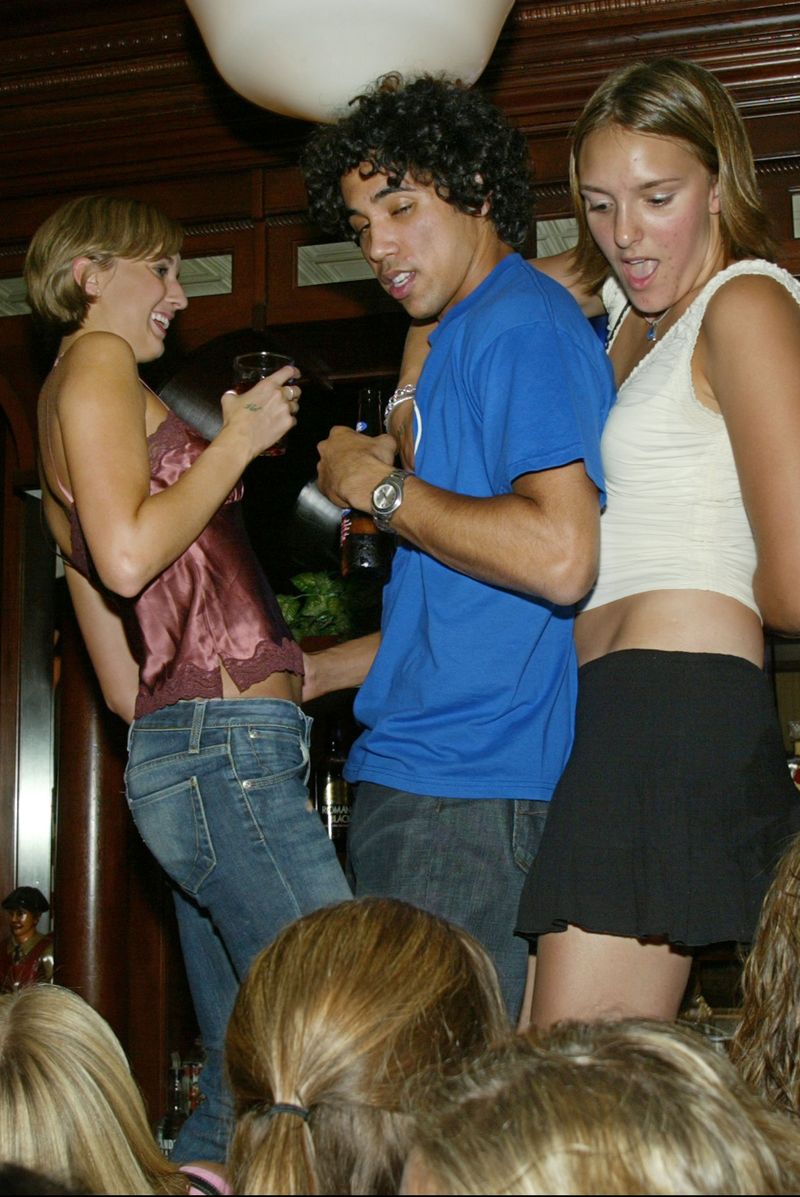
They could only go to pre-approved restaurants and bars.
This list was provided by production. All of the establishments that were pre-approved said they'd allow MTV to film inside of them.
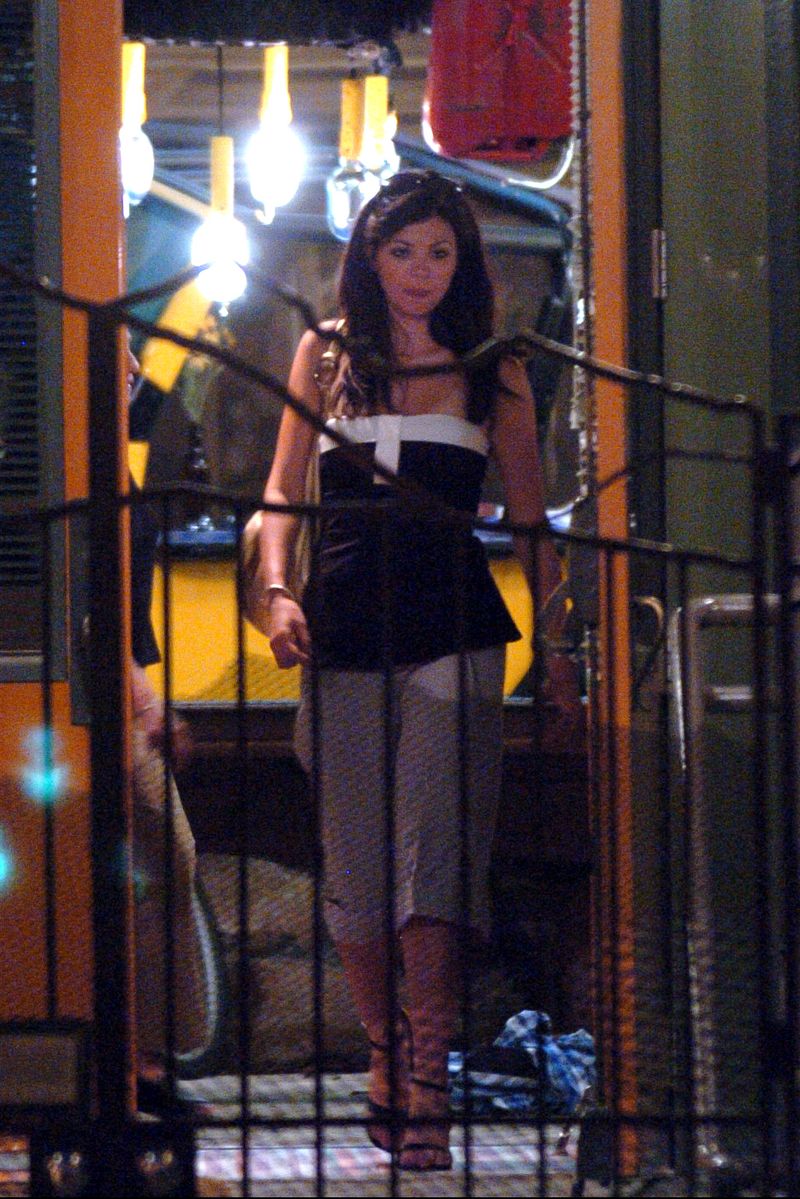
They had to tell production before they left the house.
A direct phone line was used to get permission from production on a number of things, but mostly to let producers know when they wanted to leave the house to run an errand or go party.

They agreed to a stipend beforehand.
Cast members didn't just rely on their on-air jobs to support them while in the house. Production also provided a stipend to each participant. It's unclear what more recent stars received, but during the early seasons they got approximately $2,600.

If they left the show, the money stopped.
One reason to stick it out the whole season is the cash. Anyone who left early only received payments for their stipend up until the week they left.

They didn't have to pay for travel expenses.
MTV handled travel expenses to and from the filming location, as well as for the cast trip. The only time travel wasn't covered? When someone was fired from the show.
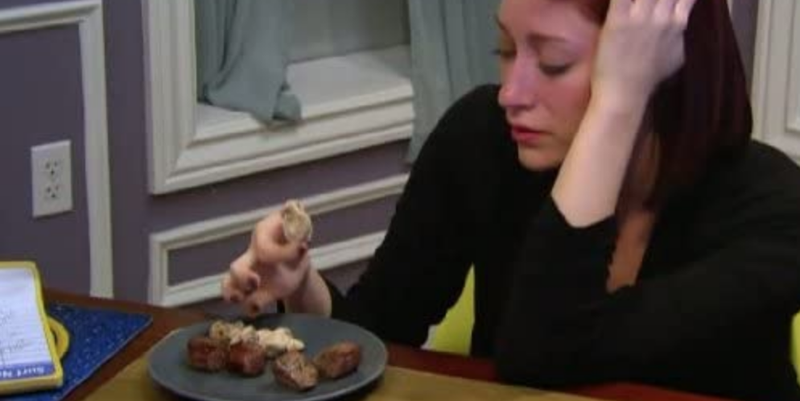
They had to buy their own food.
While some reality shows are flushed with catering or live-in chefs, The Real World cast had to fend for themselves. They each earned a weekly paycheck that went to expenses, such as food.
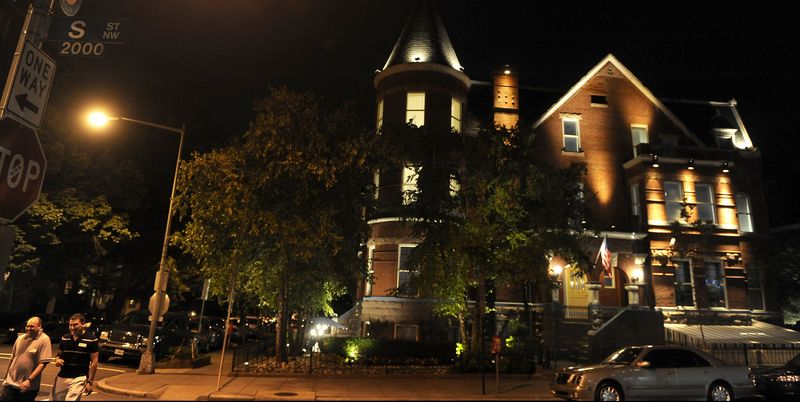
Their living accommodations were covered.
The best part of The Real World is the lavishly decorated house the cast got to move into—and, no, they didn't have to pay rent.
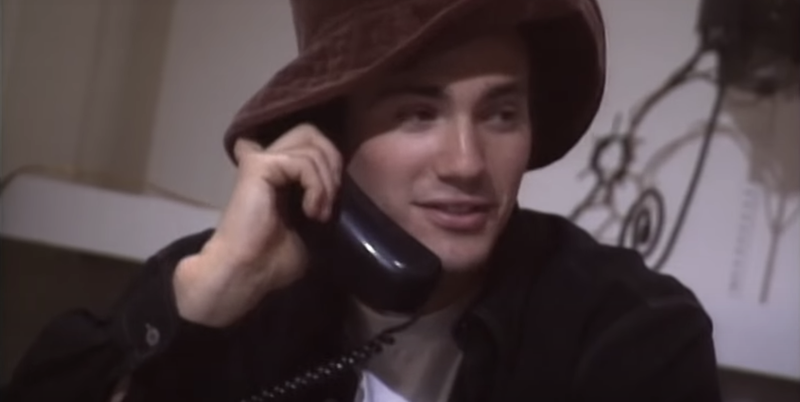
They got a phone bill at the end of the season.
Back when long distance calls cost more money, they were not covered by production. At the end of the season, if cast members racked up a big phone bill, they had to pay it.
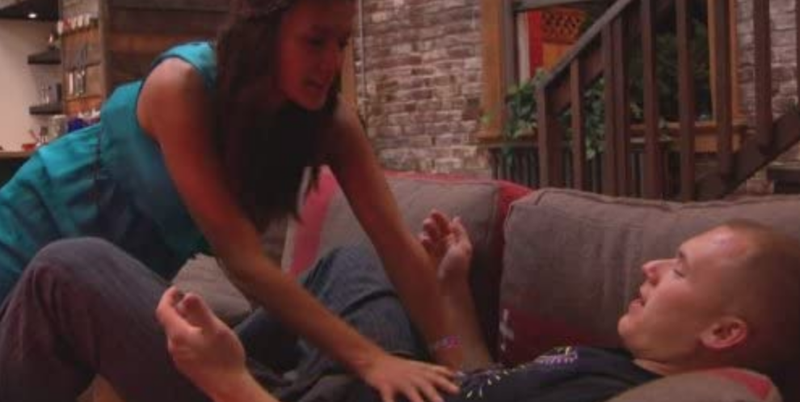
All cast hookups were filmed.
Sure, the camera crew might excuse themselves, but the surveillance cameras in every room still captured this footage. Co-creator Jonathan Murray told Glamour that MTV has strict restrictions about what they can show. "That's why you see everyone go under the covers."
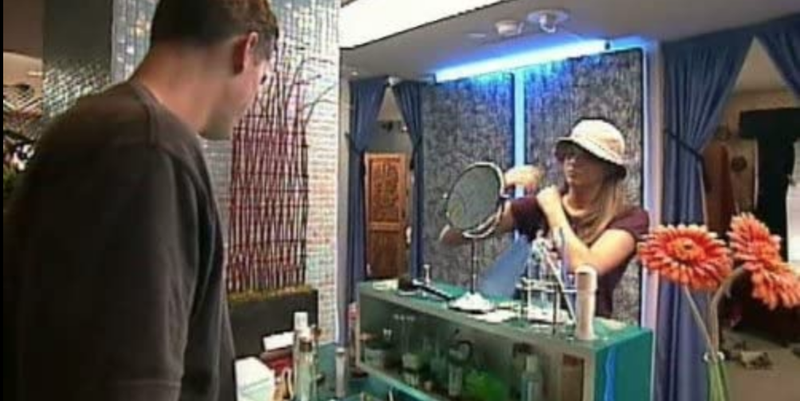
They had to wear a mic at all times.
Despite being surveilled 24 hours a day, cast members also had to wear mics—yep, even in the bathroom. And there were no doors on the bedrooms, so the camera crew could easily walk in and out. Not ideal, if you ask us.
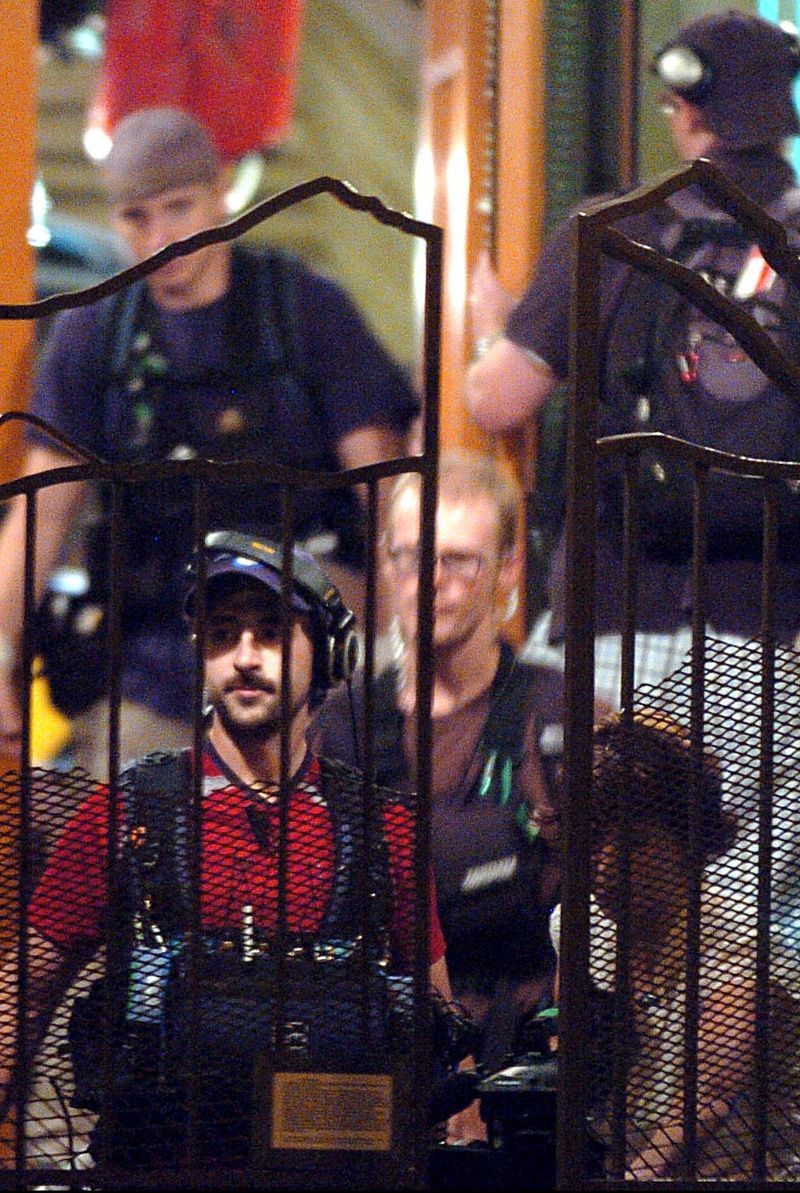
They couldn't break the fourth wall.
The first rule of reality television is to not acknowledge that you're on reality television—at least on The Real World. According to former cast member Irene McGee, she and her castmates were briefed by production with rules, including not speaking to the crew and never, ever breaking the fourth wall.
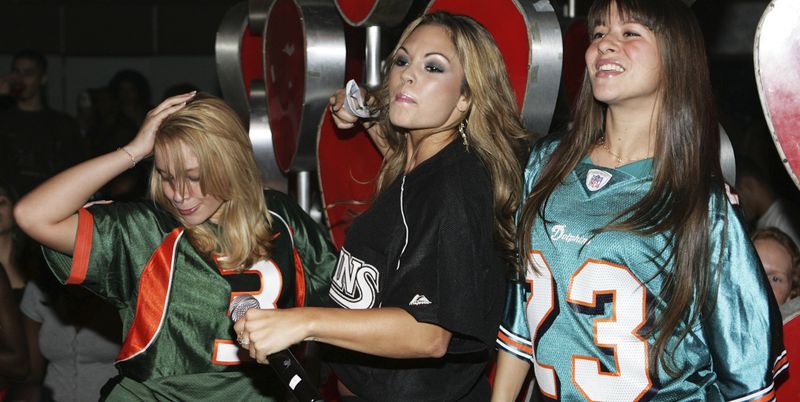
They couldn't wear branded clothing.
According to a former Real World: Cancun member, production went through his suitcase before he began filming to pull out anything he couldn't wear on camera. "They took away like two pieces of clothing because it had brands on it. They said, 'We'll give this back to you at the end,'" Pat told Cracked.
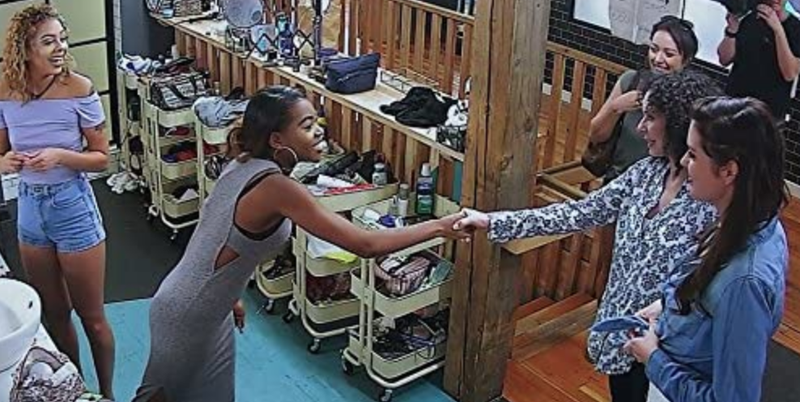
They had to be up for reshoots.
When production didn't get the shots they needed for, say, arrivals in the house, the cast members were expected to reenact events for the camera.
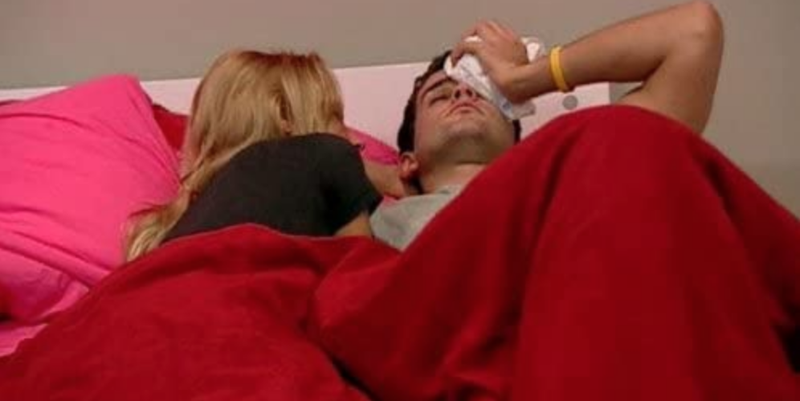
They didn't get a say in the season's theme.
As The Real World aged, producers came up with various themed seasons to keep audiences interested—from "Ex-plosions" to "Bad Blood." Too bad cast members weren't given a heads up beforehand. Producers incorporated the themes based on each person's background information and contacts from the interview process.

They had to film weekly confessional interviews.
Every week, cast members sat down with producers who grilled them in interviews. "What they do is, every single week, they have an interview, and the interviews would last, honest to God, four hours," Pat told Cracked.
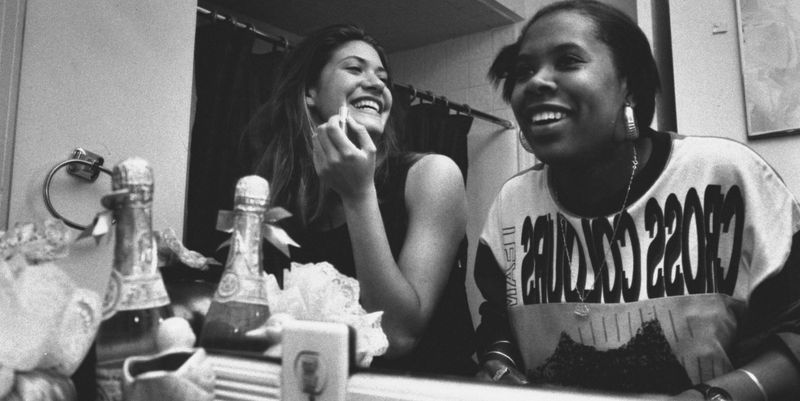
They had to keep their interviews private.
After every cast member sat down for their mandatory interviews with producers, they were not allowed to discuss what was talked about to their housemates.

They were fined if they broke the rules.
In typical reality TV fashion, if it isn't filmed, it’s useless. To make sure the cast complied with the cameras, production put fines in place. "If we broke rules, they would fine us, like $100...this guy would come up to me in the club and say 'You gotta go now or we'll fine you…" Pat told Cracked.
Stay In The Know
Get exclusive access to fashion and beauty trends, hot-off-the-press celebrity news, and more.
-
 James Middleton Shares Why He Was "Breathless and Flustered" During Meeting With Queen Elizabeth
James Middleton Shares Why He Was "Breathless and Flustered" During Meeting With Queen Elizabeth"I heard a snort of laughter and looked past the Queen to see everyone in the room stifling their giggles."
By Kristin Contino
-
 This Modern Princess Will Break a 600-Year-Old Tradition When She Takes the Throne
This Modern Princess Will Break a 600-Year-Old Tradition When She Takes the ThronePrincess Ingrid Alexandra of Norway will follow in a long-ago ruler's footsteps.
By Kristin Contino
-
 Hailey Bieber's "Favorite Jacket" Is Actually One She Designed
Hailey Bieber's "Favorite Jacket" Is Actually One She DesignedIt's a piece for husband Justin Bieber's new brand.
By Halie LeSavage
-
 Meet 'Selling the City' Star Jordyn Taylor Braff: What to Know About Her Career Trajectory and Dating History
Meet 'Selling the City' Star Jordyn Taylor Braff: What to Know About Her Career Trajectory and Dating HistoryShe even had a surprising career path before joining Douglas Elliman.
By Quinci LeGardye
-
 32 Celebrity Podcasts Worth Listening To
32 Celebrity Podcasts Worth Listening ToGrab some headphones and tune in.
By Katherine J. Igoe
-
 The 100 Best Movies of All Time: The Ultimate Must-Watch Films
The 100 Best Movies of All Time: The Ultimate Must-Watch FilmsWe consider these essential viewing.
By Quinci LeGardye
-
 The 30 Celebrity Memoirs That Are Actually Worth Reading
The 30 Celebrity Memoirs That Are Actually Worth ReadingBritney Spears, Demi Moore, Jessica Simpson, and more drop some serious bombshells in these pages.
By Andrea Park
-
 How Victoria Justice Learned to Use Her Voice on the Set of 'Victorious'
How Victoria Justice Learned to Use Her Voice on the Set of 'Victorious'The former Nickelodeon star recalls what it was like to speak up to adults on set as a child.
By Sadie Bell
-
 Paul Mescal and Daisy Edgar-Jones Tease an Announcement: "We've Got Some News to Share"
Paul Mescal and Daisy Edgar-Jones Tease an Announcement: "We've Got Some News to Share"The former 'Normal People' costars and IRL best friends seem to have a new project in the works.
By Sadie Bell
-
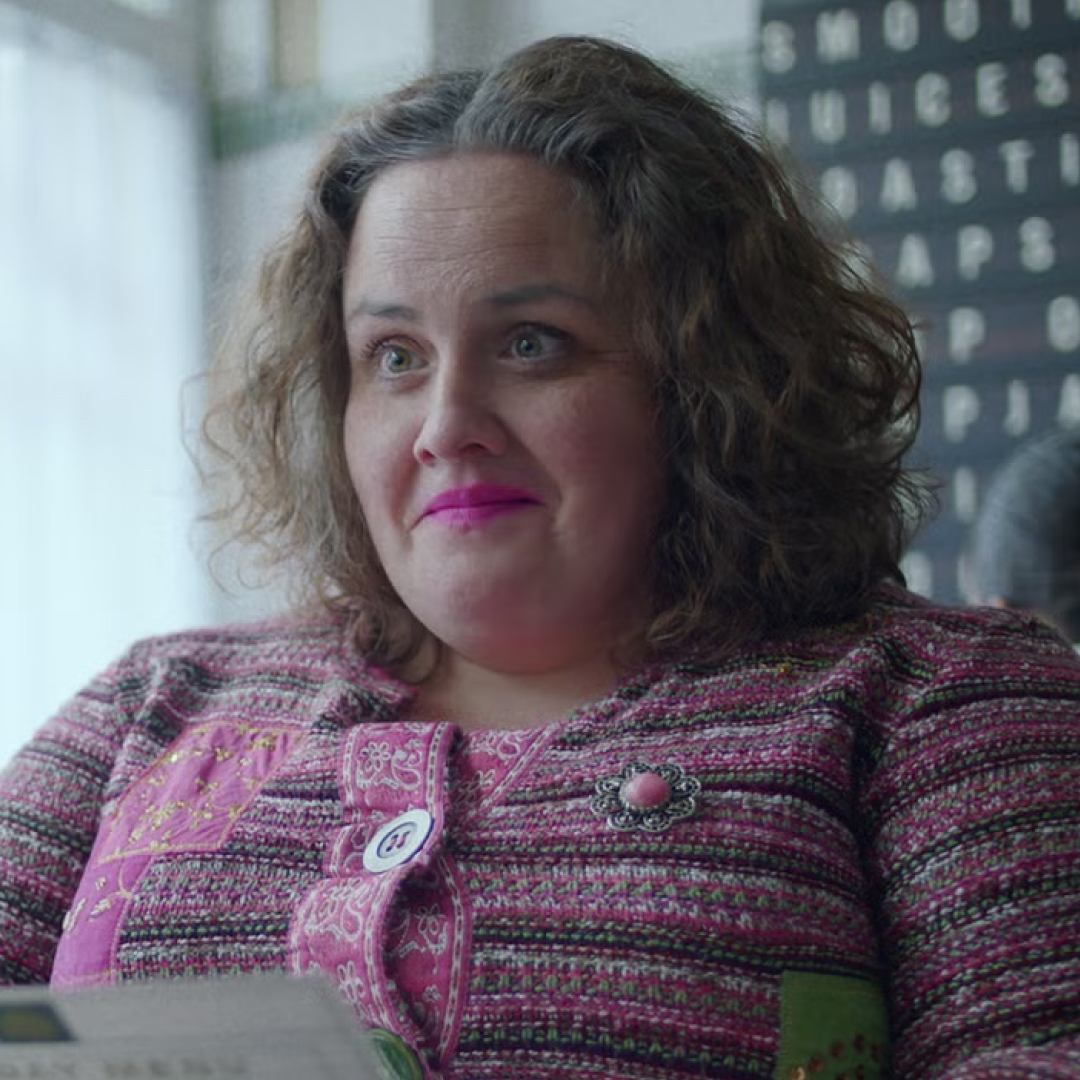 The Woman Who Inspired Martha in 'Baby Reindeer' Calls the Series "a Work of Fiction" In a YouTube Interview
The Woman Who Inspired Martha in 'Baby Reindeer' Calls the Series "a Work of Fiction" In a YouTube InterviewA woman has come forward as the alleged inspiration behind Martha in the hit Netflix series.
By Sadie Bell
-
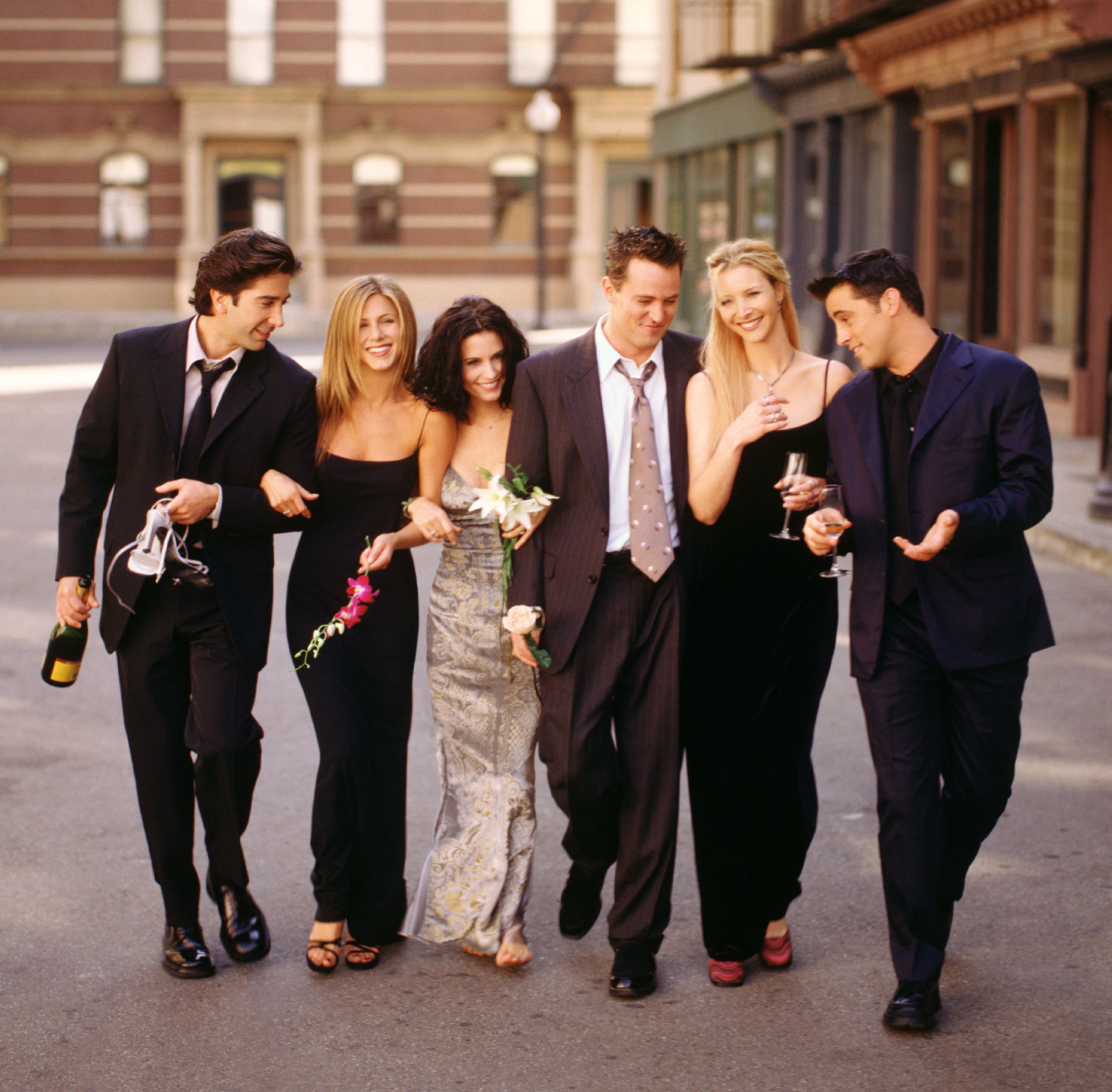 The Best 'Friends' Episodes of All Time
The Best 'Friends' Episodes of All TimeCould these BE any better?
By Katherine J. Igoe